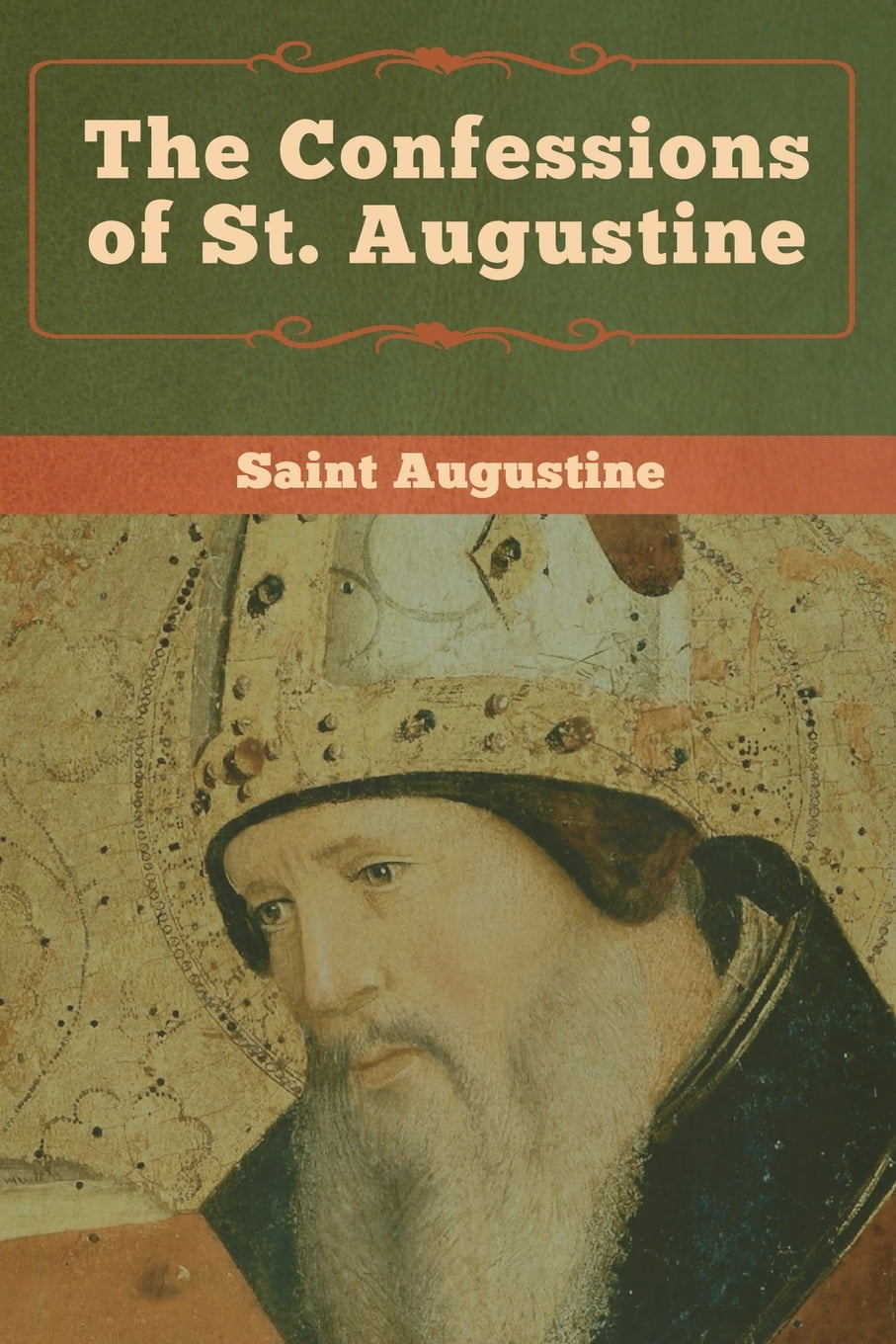
His association with "men of prayer" left three great ideas deeply engraven upon his soul: a Divine Providence, the future life with terrible sanctions, and, above all, Christ the Saviour. Once, when very ill, he asked for baptism, but, all danger being soon passed, he deferred receiving the sacrament, thus yielding to a deplorable custom of the times. His mother had him signed with the cross and enrolled among the catechumens. However, the admirable virtues that made Monica the ideal of Christian mothers at length brought her husband the grace of baptism and of a holy death, about the year 371.Īugustine received a Christian education. Although eminently respectable, his family was not rich, and his father, Patricius, one of the curiales of the city, was still a pagan.

Tagaste, now Souk-Ahras, about 60 miles from Bona (ancient Hippo-Regius), was at that time a small free city of proconsular Numidia which had recently been converted from Donatism. From his birth to his conversion (354-386)Īugustine was born at Tagaste on 13 November, 354.

We will confine ourselves to sketching the three periods of this great life: (1) the young wanderer's gradual return to the Faith (2) the doctrinal development of the Christian philosopher to the time of his episcopate and (3) the full development of his activities upon the Episcopal throne of Hippo. Augustine's life is unfolded to us in documents of unrivaled richness, and of no great character of ancient times have we information comparable to that contained in the "Confessions", which relate the touching story of his soul, the "Retractations," which give the history of his mind, and the "Life of Augustine," written by his friend Possidius, telling of the saint's apostolate. ( See also WORKS OF SAINT AUGUSTINE and TEACHING OF SAINT AUGUSTINE.)

Includes the Catholic Encyclopedia, Church Fathers, Summa, Bible and more all for only $19.99.

Please help support the mission of New Advent and get the full contents of this website as an instant download.


 0 kommentar(er)
0 kommentar(er)
